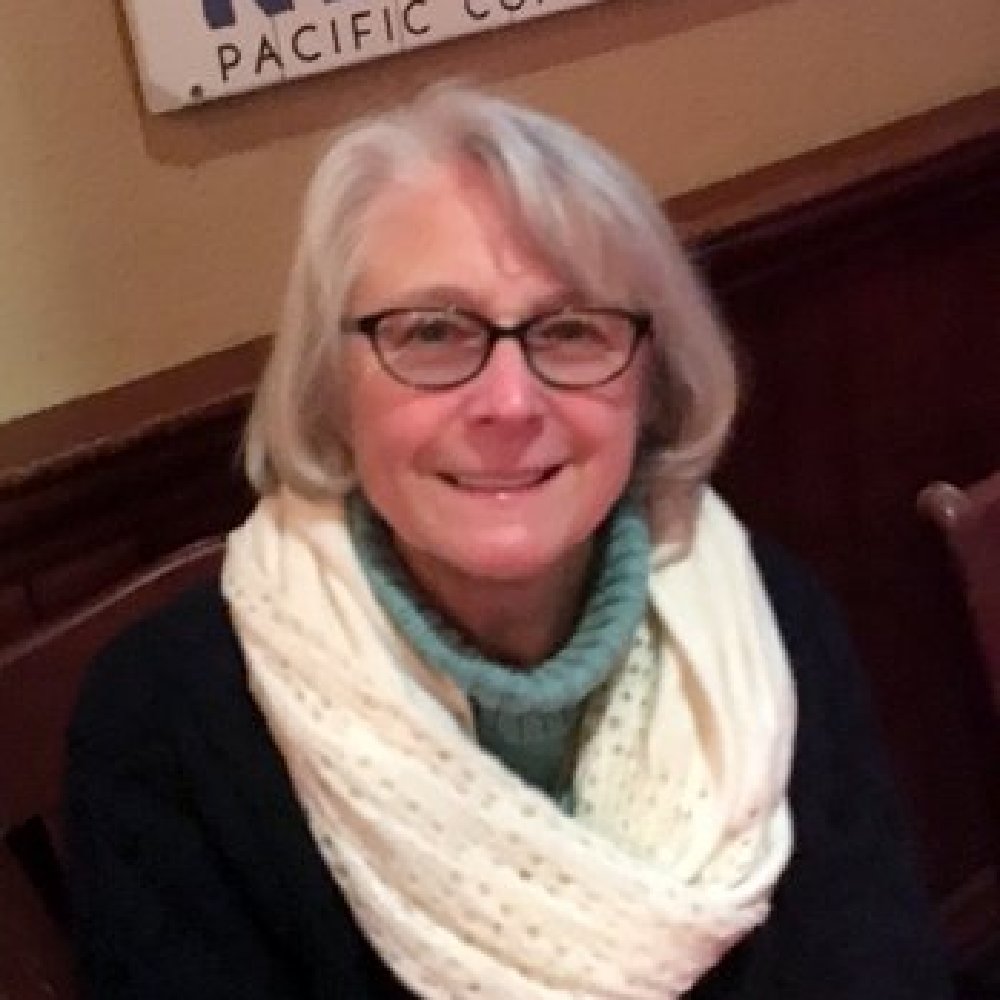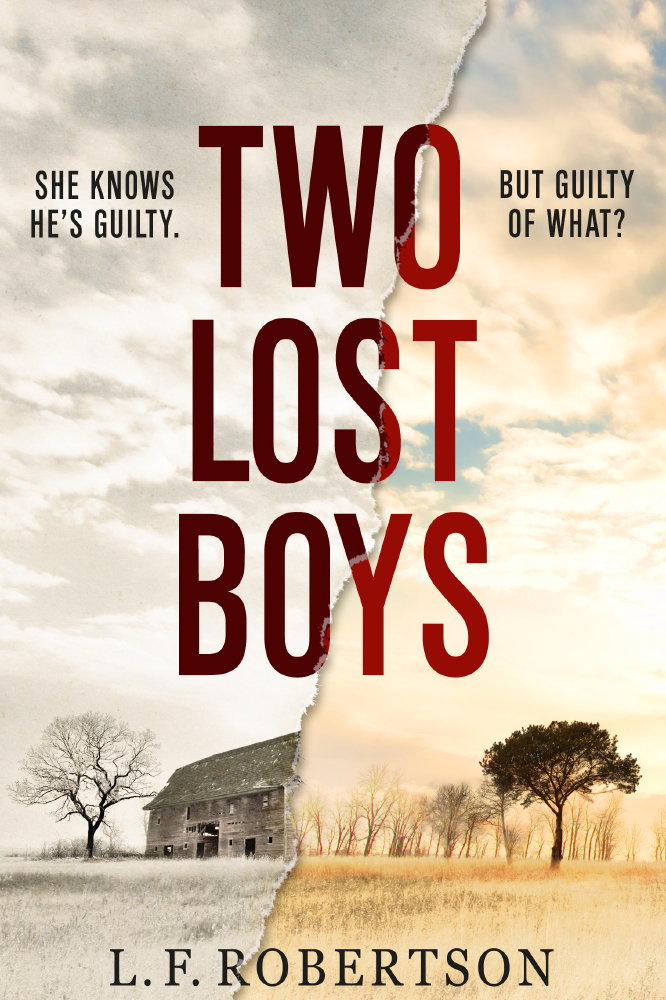Writing Two Lost Boys, my first novel, was a long process, and it taught me a lot, not only about how to write, but about why I wanted to and what I hoped to say through my book. The list that follows tends toward the practical, the things I learned about the craft.

L F Robertson
The creative process: First, coming from a background of legal writing, writing informal prose is a tough transition. It felt sometimes like learning to write all over again, but as I slowly got used to it, it was wonderfully freeing to be able to roam into the wilds of detail, of colors, sounds and smells. Not only that but my palette wasn’t limited by a set of intractable facts: I could just make stuff up!
The technical bit: Writing about a technical subject, like litigation, is tricky. You don’t want to bring your story to a screeching halt while you spend a page or two explaining habeas corpus law in America, but you want your readers to be able to follow what’s happening in and out of court. Trying to strike that balance was hard, especially working from within the profession, where information that might be bewildering to the lay reader is common knowledge for us. I relied on friends to remind me what non-lawyers know, and what they don’t.
Tracking the timings: I had to have a list of characters and a time line. It’s something I do routinely in my law practice, to keep track of voluminous trial court records, but for some reason I didn’t think I’d need it writing fiction; I had to learn the hard way, after inadvertently changing the names of some characters and places as the book progressed.
The fiddly bits: I now have enormous admiration for people who can weave intricate plots and subplots together seamlessly. It takes a huge amount of work…and patience.
The out-takes: When friends read my drafts, sometimes the parts I was most proud of were the parts they felt didn’t work - they were weak, they didn’t ring true, they slowed the narrative. The writer’s expression about having to kill your darlings resonates with me: I have ended up moving many passages I really liked into a file I call out-takes, because I loved them too much to just delete them.
Looking on the bright side: As a reader, I have a hard time with sad endings. As a writer, I couldn’t help thinking that a happy ending that ties all the threads together is a copout; real life doesn’t resolve itself tidily, nor do the good guys always win. So I read uplifting books and write stories full of ambivalence.
Bringing characters to life: It was easier than I thought creating characters who weren’t portraits of people I knew. I was afraid that I would just lift real people bodily, as it were, and set my perceptions of them down on paper. But the cliché that characters take on a life of their own turned out to be true for me. Once I gave them a few details a physical description and a bit of backstory they started filling in the rest themselves and became their own people. From there, the challenge was writing their roles within the plot so that they remained true to themselves.
Bonding experience: I bonded with the main characters over the course of writing the book, and I felt sympathy even for the worst of them. Even now, I find myself defending the villain in conversations with friends.
Writing worries: After two rejections, I put the idea of selling the book aside and decided that was the end of my literary career. Even now that it has been published, I’m at least as anxious about it as I am pleased.
Writing advice: Finally, as you can probably see from the foregoing, I learned that having friends willing to read my drafts as I went along was enormously helpful in keeping Two Lost Boys on track. My partner Michael is a mystery writer, and I read his draft manuscripts, a few chapters at a time, as he finishes them, and give readerly suggestions. He has returned the favor, along with a couple of other friends. I hate to think what a strange creature my book would have been without their input and advice.


